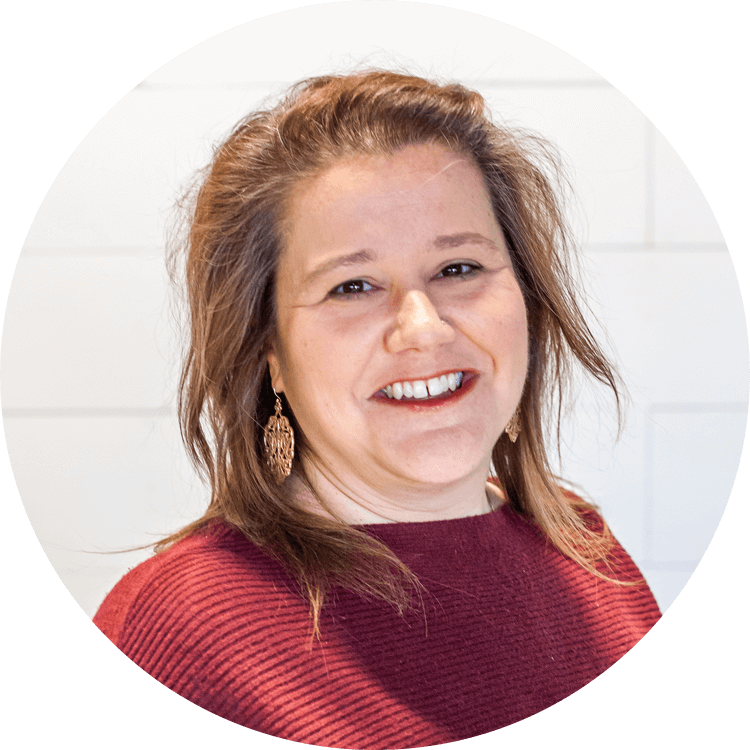It’s a warm sunny afternoon on a Saturday in early September when we load our kids up in our super-used Chevy Suburban to make the hour and half trek across our state to visit our kid in residential treatment. This is not our first rodeo with this scenario. We’ve been here before. It never gets easier. Sure, it becomes routine…after some time, but never easier. On this particular afternoon we’re confined to campus due to bad behavior in the days prior.
It’s disheartening. And it’s hopeless. We see so much potential in our child. Sooo much! We believe in him. And we refuse to believe, for one milli-second, that his struggles…his diagnosis…and his past aggression (as a result of that diagnosis), defines his future. Absolutely not! He’s made for so much more and someday, somehow, he’ll awaken to become the person he was created to be. I believe it to the core of my being.
But this sucks. No other way to say it. It just does.
He’s there, and we’re here. An hour and a half of distance between us. And so, we drive. Every week, we drive.
On this day, however, our visit seems different. There’s a spring in his step, a peace in his voice, and a calm in his spirit as we frolic and play together on a grassy hill, with a football we actually remembered to bring with us (did I just say frolic and play?). He’s getting along with his siblings, all of them, he’s talking respectfully to us, and he’s actually participating with our family…like a normal kid is supposed to. As we toss the ball back and forth another resident and staff member emerge from a building next door and greet our child with warm acknowledgements as they pass by. My child is respectful to them too.
That’s when it hits me- “He’s doing better here than he would at home,” I think to myself.
It’s a confusing thought. In fact, it goes against just about everything in me as a parent. It’s not supposed to be this way, I lament. I never thought we’d be doing this! But almost instantly, a peace comes over me knowing that he’s not coming home to terrorize my other children for a while. Tonight will be a peaceful nights rest knowing he’s safe and secure, and in a structured environment…with fences…and staff…and a system. It’s almost too much to take in. It’s such a massive collision of competing thoughts that I feel my brain is about to explode. I love him more than anything. Nothing will change that. But, I can’t watch my other children live in fear. And I can’t watch him live in an unhappy state either.
Been there? Made the same realization? I thought so. It’s emotional to say the least.
What do you do when you realize this? What do we do? When we come face to face with the reality that our child is faring better in a facility than he or she ever did in our home, WHAT do we do? We’ve wrestled with this. Here’s the conclusion we’ve come to…
- Focus heavily on your relationship with your child. This was the best advice we could have received. Well, the second best (the first is #3…we’ll get to that in a minute). A guardian-ad-litem once told us to rely on them (herself, the case manager, and therapist, and staff at the facility) to enforce and instruct, while we are free to focus big time on our relationship with our kid. We didn’t have to make the rules or make sure everyone else in our house was safe while he was there. That was their job. He was in a structured facility that took care of that. We didn’t have to worry about it. It freed us up to focus solely on our healing our relationship with him, and building into the future.
- Don’t beat yourself up. I know! Listen…I know. I know what you’re going through. You realize your child is beginning to thrive in a facility in ways he or she never did at home, and you take it personally. He or she is in a place that provides the structure you kept struggling to provide. And now, you feel responsible. Like an outsider looking in. You’re his mom and dad and you’re supposed to keep him safe, and help him grow, but you couldn’t and now he’s locked up. You feel like a failure. You feel like less of a parent. Yep, I’ve been there many, many times. I’ve felt this and more. But here’s what I want you to do. I want you to stop. Stop it. None of that is true. You’re believing lies. You ARE his parent. You ARE the primary adult she’s looking to and loving. Nothing will change that. As hard as it may be, try to arrive to this place of peace. It’s not your fault.
- Heal. This is so unbelievably hard for many people to do. Because of our guilt, because of our shame, because of our own trauma as we’ve tried to help our kid through theirs, we struggle to take the time to allow ourselves to heal, now that we’re not hands-on, 24-7, with our kid. When we first faced this, 6 years ago, we didn’t realize how much healing needed to take place in our lives and in our children’s lives. Now that we’ve faced this again, we’ve thrown wide open the doors of healing. We’ve invited home-based counselors to spend time with our other kiddos. We’re focusing heavily on giving peace the right-of-way throughout our home. We’re spending dedicated time with our other children, whom we neglected (at times) while we focused on the child who was out of control. Doing all of this has allowed us to pour more energy into our child when we see him once a week. We know he’s in a safe place and he can’t harm himself or others. So, we focus on healing our home.
It’s not easy to see this unfold. It’s defies everything you were wired to do as a parent to see your child doing better in a place away from home. But when you put it into perspective, and you consider everything that can happen while he or she is away, you realize you have a unique opportunity. And when he or she does return home, you and your family will be way healthier than you were when they left your care in the first place.
Are you in this place personally with your child? What have you learned to do? How are you healing personally? Share with us in the comment section below.









